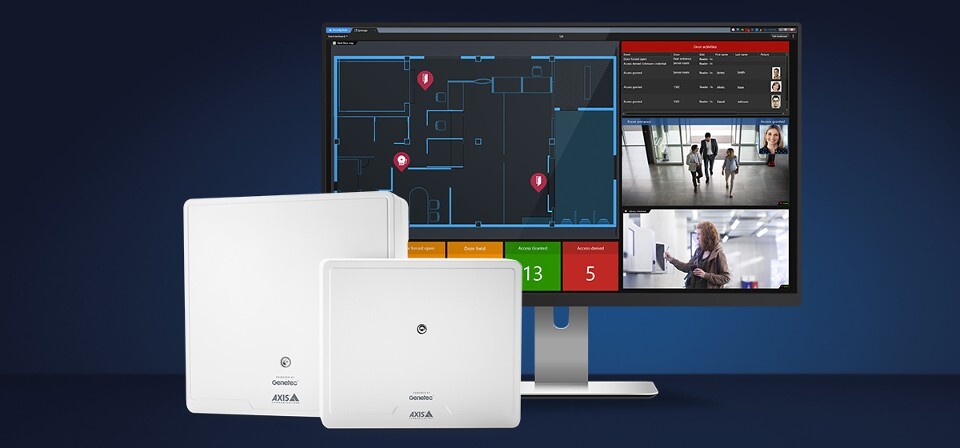Read Our Blogs

Navigating Compliance Challenges in Medical Enterprise Systems
In the evolving landscape of healthcare, technological advancements play a pivotal role in enhancing patient care, improving operational efficiencies, and ensuring regulatory compliance. Healthcare organizations are increasingly reliant on...

Understanding the Core Components of Enterprise Systems
Enterprise Systems Corporation, established in 2002, is a distinguished systems integrator with a strong reputation for delivering innovation nationwide. With its headquarters in Houston and branch offices in Charlotte and New Orleans, Enterprise...

Navigating the Telecommunications Landscape: A Guide to Carrier Services
In the fast-paced world of telecommunications, selecting the right carrier services for your business can feel like navigating a labyrinth. With myriad options available, it's essential to understand what each service offers and how it can benefit...

Data-Driven Governance: Harnessing Enterprise Systems for Informed Decision Making
In today's fast-paced business environment, making informed decisions is essential for maintaining a competitive edge. With the sheer volume of data available, how can organizations effectively sift through the noise and extract actionable...

Community Building Through Corporate Giving: Enterprise Systems Perspectives
At Enterprise Systems, we believe that success extends beyond the bottom line. We're passionate about giving back to the communities we serve, fostering a spirit of connection and shared prosperity. This blog post delves into our approach to...

Life Insurance Essentials: Understanding Policies and Coverage Options
A key component of financial planning, life insurance provides stability and peace of mind for your future as well as that of your family. Making educated choices that support your financial and life goals can...

Improving Citizen Services: The Role of Technology in Government Agencies
In the modern era, the interaction between governments and their citizens has transformed significantly due to advancements in technology. Governments worldwide are facing the challenge of improving their communication endpoints to better reach...

Advancements in Medical Imaging Technologies: Revolutionizing Diagnosis and Treatment
The ability to visualize internal structures has revolutionized healthcare. Medical imaging technologies offer a non-invasive window into the human body, empowering physicians with crucial information for diagnosis, treatment planning, and...

Beyond Business: The Role of Philanthropy in Enterprise Systems Companies
In today's business landscape, companies are expected to do more than just generate profits. They are called to contribute positively to society, embodying a spirit of philanthropy that transcends mere corporate social responsibility. Enterprise...

Innovation Through Collaboration: Exploring Technology Partnerships in Enterprise Systems
The technological landscape is in a constant state of flux, demanding that businesses constantly adapt to stay competitive. One powerful strategy to achieve this is through innovation via collaboration, particularly within the realm of enterprise...
